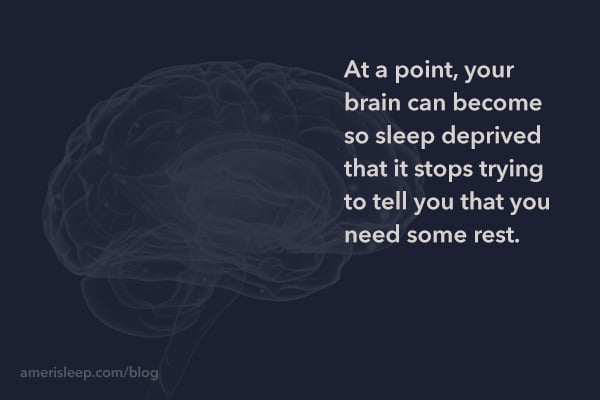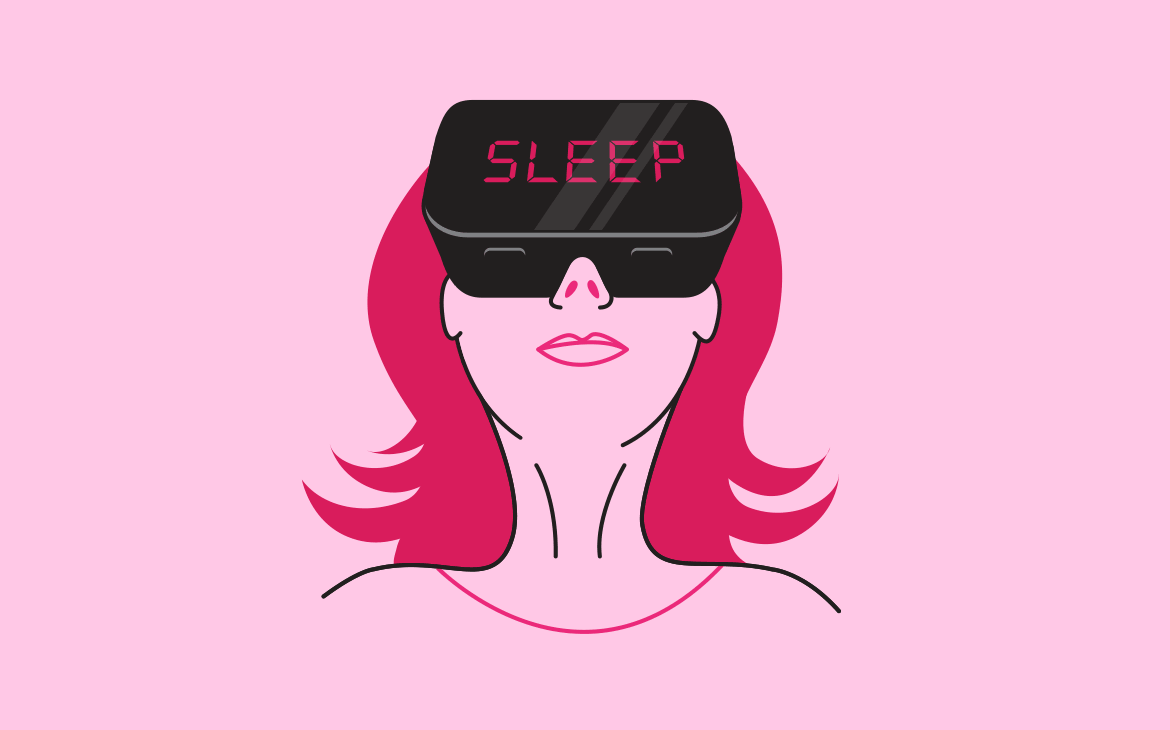Key Takeaways
- Technology’s Impact on Sleep: The relationship between technology and sleep is complex, with technology often being responsible for both hindering and aiding sleep. While excessive use of technology before bedtime can disrupt sleep, certain apps and devices are designed to optimize sleep quality and duration.
- Evolving Technology to Meet Sleep Needs: Sleep technology is continuously evolving to assist individuals in achieving better sleep. Various apps and wearable devices track sleep patterns and provide insights to improve sleep quality. Furthermore, features like Night Shift mode in iOS 9.3 and similar apps help reduce the impact of blue light on sleep.
- Where Might Sleep Tech Go: Future advancements in sleep technology may focus on enabling individuals to function on reduced sleep hours. Predictions suggest the development of brain implants and chemical interventions that could alter brain chemistry and metabolism to reduce the need for extended sleep. However, it’s essential to maintain a healthy sleep schedule as insufficient sleep can lead to severe health issues.
We live in an age where technology has made it tougher than ever to get enough sleep. And yet, the very thing that’s responsible for slashing our snooze time is also playing a role in helping us sleep better.
Whether it’s the blue light from your smartphone, nonstop social media notifications, or work emails flooding your inbox at 3 AM, there’s no denying that technology is at least partly responsible for why more and more of us are failing to get the recommended 8 hours of sleep.
But the relationship between sleep and tech goes way deeper. An ever-expanding arsenal of apps and devices are helping plenty of tech-minded folks fight for more quality sleep. And down the road, they could even reduce the amount of nightly sleep we need altogether.
Sleep tech 101.
Apart from upgrading to the best mattress, you may want to try improving your sleep with technology— and there are more inexpensive options out there than ever.
For starters? Apps. One’s like Proactive Sleep help you learn how to optimize your sleep habits by tracking your nightly sleep (or lack thereof) along with factors that affect your nightly snooze sessions, like exercise and caffeine consumption.
Next-level options—including wearable devices—actually monitor your body while you doze. Some, like Sleep Cycle Alarm Clock can even wake you during your lightest phase of sleep so you don’t start your day feeling groggy.
And both types can be helpful—as long as you’re not abusing tech in a way that ends up making sleep harder to come by. For instance, logging data in a sleep tracker app at 10:30 PM will only serve to expose you to the blue light that keeps your brain wide awake.
But now, that’s changing too. Apple iOS 9.3’s new Night Shift mode shifts your phone’s display to warmer colors in the evening, so you can use your phone before bed without wrecking your sleep. Apps like f.lux and Twilight can do the same thing for your laptop or tablet.
Sleep tech of the future.
Today’s sleep tech is focused on helping us sleep smarter. But the sleep tech of tomorrow might be all about helping us sleep less.
Experts in emerging technology predict that within 20 years, we’ll be developing devices and chemicals that can actually help us function on less sleep. In other words, it will literally give us more hours in the day—something we’ve all wished for at some point.
What kinds of devices and chemicals? It’s hard to know for sure, but future sleep tools might be tiny chips that can be implanted in your brain. The chips, which will stimulate certain sections of the brain, might be used with drugs that speed up your metabolism and alter your brain and body chemistry.
But not everyone is waiting for technology to catch up with their desire to sleep more efficiently. Polyphasic sleepers train themselves to sleep for shorter intervals both during the day and at night. (For example, sleeping for four hours in the middle of the night, and taking a few short naps during the day.)
Devotees of polyphasic sleep say their snooze schedules actually help them feel more rested. And with more time awake, their productivity skyrockets.
Sounds cool—but are there any drawbacks?
While everyone’s sleep needs are different, almost all experts agree that getting fewer than six hours of sleep is unhealthy. (Though it might not be as bad as interrupted sleep.) Of course, that might not be the case with future technologies designed to allow us to function on less sleep.
While everyone’s sleep needs are different, almost all experts agree that getting fewer than six hours of sleep is unhealthy.
But for now, adopting a polyphasic sleep schedule probably isn’t a great idea. Too little sleep can up your risk for obesity, as well as chronic health problems like high blood pressure, diabetes, and depression.
And those problems can happen even if you feel great. At a point, your brain can become so sleep deprived that it stops trying to tell you that you need some rest. One study Verified Source National Library of Medicine (NIH) World’s largest medical library, making biomedical data and information more accessible. View source found that people who slept shorter for two weeks experienced declines in their cognitive function at first. But by the end of the experiment, they said they only felt a little tired.

In a way, it’s not unlike being drunk to the point where you don’t realize how trashed you actually are. Which, when you think of it that way, is really dangerous.
So even if you’re crazy busy and wish you could stay up all night every night, do yourself a favor and keep trying to get the recommended 7 to 8 hours of sleep for now. While you snooze, you can dream about getting that brain chip of the future.
Has technology helped you achieve better sleep? Share your experience with us over on Twitter.
About the author
Marygrace Taylor is an award-winning health writer for Amerisleep. Her commitment to sleep health is evident in her ability to consistently prioritize eight hours of sleep each night. Her in-depth interviews with industry experts, such as Ken Ceder on "Why Light is Essential for Great Sleep and Optimum Health," highlight her dedication to delivering valuable insights. Marygrace's work has been featured in reputable publications like Business Insider, Glamour, Refinery29, Metro UK, and Hunker, further solidifying her expertise in the field.
View all posts




